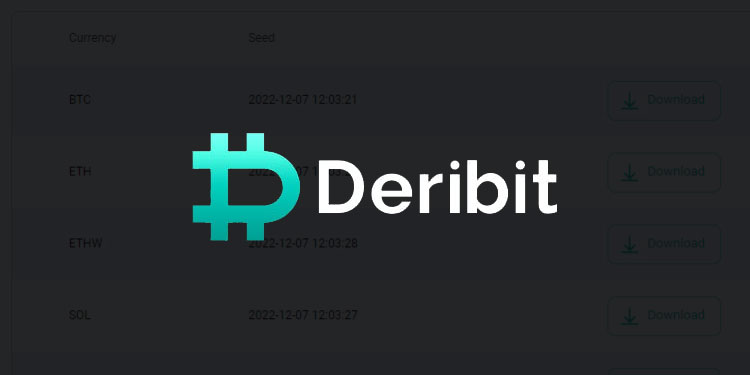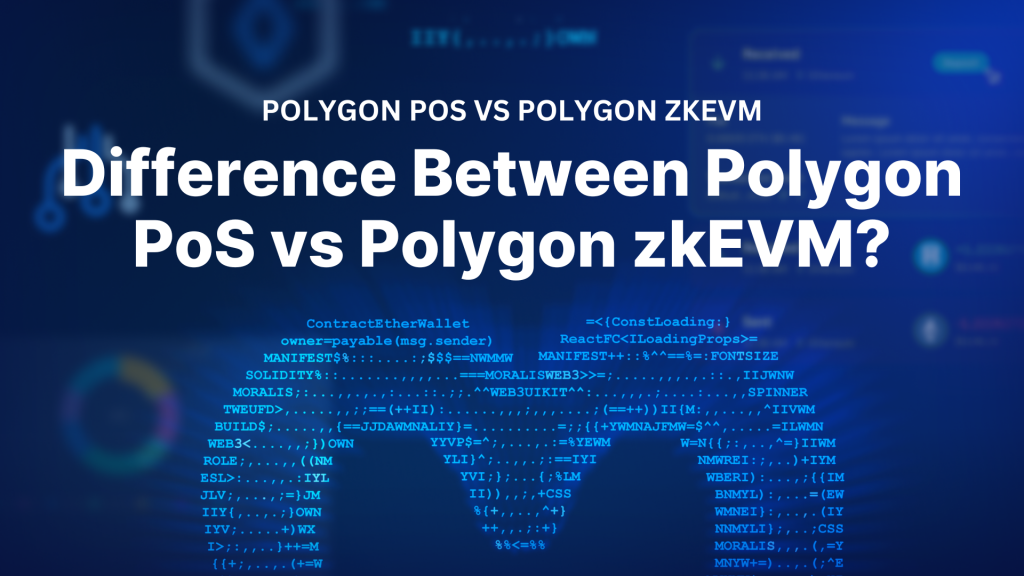
The previous decade has seen a dramatic improve within the accessibility of monetary providers. From on-line banking to cell investing apps, extra folks than ever earlier than have been capable of take part. Nonetheless, we’re nonetheless removed from making it a good enjoying subject, with giant establishments akin to hedge funds dominating the sport to the detriment of the ‘little man.’
The info bears this out. Within the US, for instance, the highest 10% personal 84% of all shares. Furthermore, retail merchants constantly lose cash to professionals, as evidenced by the truth that lower than 1% of the day buying and selling inhabitants predictably earns any revenue.
Even barring day buying and selling, the typical retail investor underperforms the market by about 1.5% per yr. One of many crucial causes for that is that giant establishments have at all times had an edge in entry to info and expertise. Because of this, they’ll afford to pay for costly information feeds and commerce execution instruments, in addition to the salaries of extremely expert merchants and analysts.
These similar dynamics play out in cryptocurrency and decentralized finance (DeFi). Institutional-grade tooling is required to make sense of the quickly evolving panorama, however these instruments are sometimes out of attain for retail buyers.
The latest collapse of FTX, which left over one million retail buyers out of pocket, is simply the most recent instance of how the system isn’t constructed for the small investor. Whereas the platform claimed to be clear, it seems that it was utilizing its personal token, FTX, as collateral and couldn’t meet the calls for of its customers when the main points grew to become public.
The necessity for institutional-grade tooling
Institutional-grade tooling in TradFi and in DeFi are very completely different. On this planet of conventional finance, institutional buyers have at all times had a bonus in relation to information and execution; they’ll pay for costly Bloomberg terminals and commerce on non-public exchanges with decrease charges.
In DeFi, nonetheless, the enjoying subject is far more degree. Public blockchains supply a public report of all transactions that anybody can entry and analyze. Furthermore, decentralized exchanges (DEXs) akin to Uniswap present low-cost buying and selling for all.
That mentioned, retail and institutional buyers nonetheless want instruments to make sense of the info. The DeFi area is extremely advanced, with a lot of protocols and merchandise all vying for consideration. Because of this, it may be difficult to maintain observe of 1’s positions, not to mention analyze historic efficiency.
Even giant establishments generally use instruments like Excel or options akin to Zapper and Debank, which solely report on an investor’s static positions moderately than historic efficiency. Sadly, these instruments merely aren’t enough for the duty at hand.
That is the place institutional-grade tooling is available in. These sorts of instruments present visibility into an investor’s portfolio, together with detailed efficiency experiences and analytics. This information kind is important for understanding how one’s positions carry out and making knowledgeable choices about the place to deploy capital.
That mentioned, DeFi tooling wants numerous work to be on par with TradFi. Mainly, user-friendliness is a major challenge. The present crop of instruments is commonly advanced and complicated, which makes it troublesome for retail buyers to get began. As well as, many accessible instruments are aimed toward builders moderately than merchants and buyers. This can be a important drawback as a result of it signifies that the typical particular person is successfully locked out of the area.
How tooling can enhance inclusion
When the subject of monetary inclusion comes up, the main target is commonly on services akin to credit score and banking. Nonetheless, entry to info and expertise is simply as necessary. That is the place institutional-grade tooling could make an actual distinction.
By making information extra accessible and straightforward to grasp, tooling can degree the enjoying subject for retail buyers. With higher information, retail buyers could make knowledgeable choices about the place to allocate their capital. This, in flip, will result in higher outcomes for them.
Inclusion goes past simply growing entry to services; it’s additionally about empowering folks with the information and instruments they should be profitable. Institutional-grade DeFi instruments are an important step on this course.
True monetary inclusion in DeFi requires extra than simply making platforms accessible to everybody with an Web connection. It necessitates rethinking how these platforms are designed and ruled in order that they’ll serve the wants of the broadest vary of customers, not only a privileged few.
Inclusive design is nice for enterprise. A examine by McKinsey discovered that $12 trillion, or 11% of world GDP, could possibly be added to international GDP by 2025 by advancing ladies’s equality.
The identical precept holds true for DeFi. By making our platforms accessible and straightforward to make use of for everybody, we are able to create a degree enjoying subject the place one of the best concepts win moderately than the initiatives with essentially the most well-connected insiders. This elevated competitors has already led to decrease charges and higher phrases for customers throughout the board. And as DeFi matures, we are able to anticipate much more innovation and enhancements within the accessible services.
There’s nonetheless an extended method to go earlier than we obtain true monetary inclusion in DeFi, however the advantages of doing so are clear. By working to make our platforms accessible to all, we are able to create a extra strong, extra vibrant ecosystem that delivers worth for everybody.
The state of DeFi tooling
At present, there are solely round 4.8 million DeFi wallets, representing a small fraction of the potential marketplace for DeFi, and an much more minuscule portion of the standard banking inhabitants.
Not solely are there comparatively few folks utilizing DeFi functions, however the quantity of capital locked in DeFi protocols can be nonetheless comparatively small. For instance, the whole worth locked (TVL) in DeFi is presently round $53 billion, representing simply 7% of the general cryptocurrency market capitalization of $800 billion.
With such a small base of customers and capital, it’s no shock that the present state of DeFi tooling is missing. They’re additionally generally jargon-heavy and difficult to make use of, lowering accessibility.
For DeFi to achieve its full potential, the group should unite to enhance schooling and make tooling extra accessible. That is the one manner to make sure everybody has a good likelihood to take part within the area. We will create a brighter future for all with higher instruments and elevated inclusion.
Concerning the writer: Elie Azzi is the co-founder and CPO of VALK, constructing an ecosystem of highly effective decentralized instruments for good buying and selling and investing in DeFi for retail {and professional} customers. Elie was beforehand an entrepreneur in residence at R3 and a blockchain architect at BNP Paribas.


















